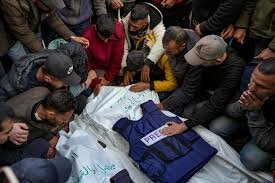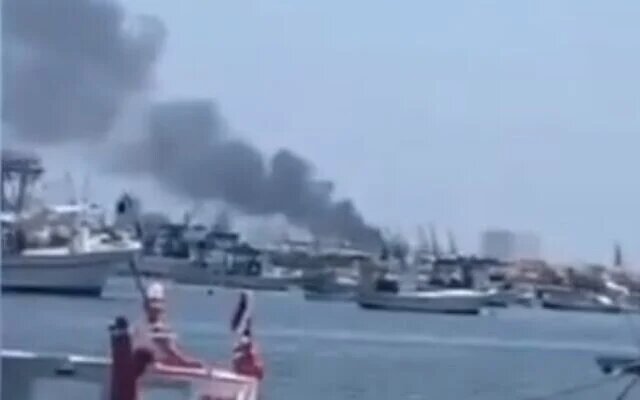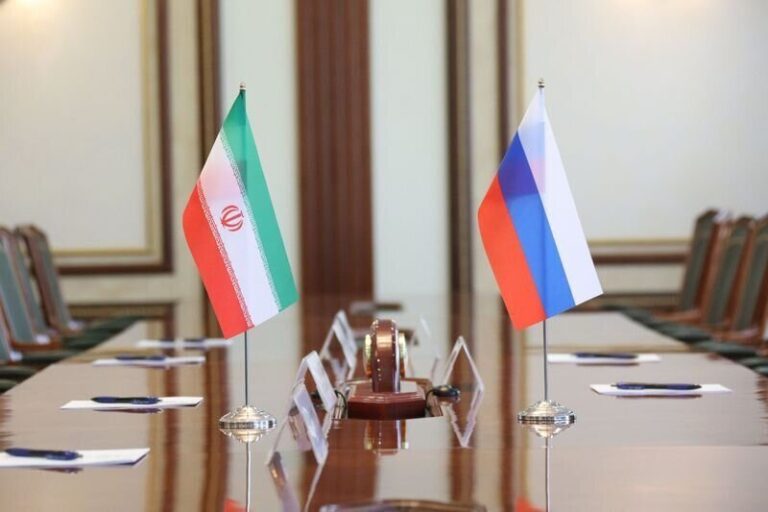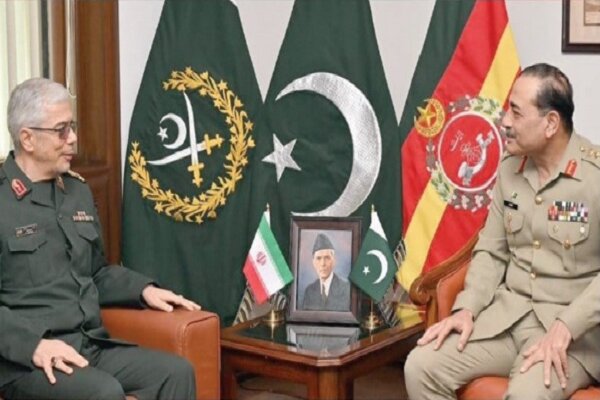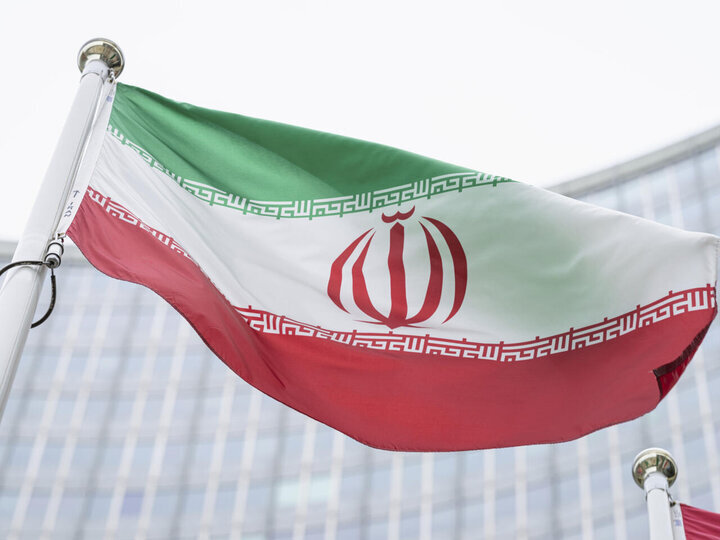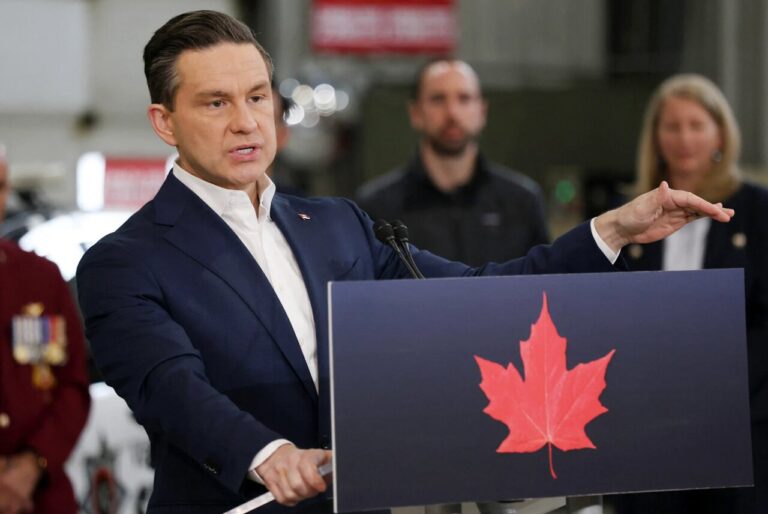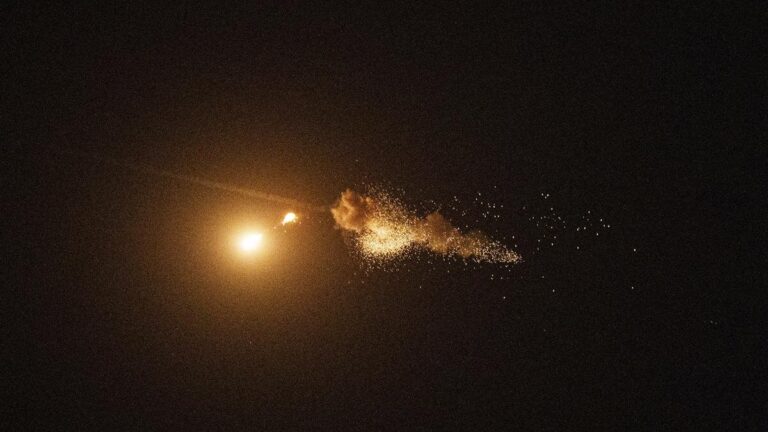Tragic Loss: 5 Palestinian Journalists Among Latest Victims of Israeli Airstrikes in Gaza
The ongoing conflict in Gaza has resulted in significant losses, particularly among journalists. In a tragic incident on Sunday, five more Palestinian journalists were killed in Israeli air strikes. This latest development highlights the perilous conditions faced by media professionals in conflict zones, emphasizing the urgent need for protective measures. According to Anadolu, a medical source confirmed the fatalities.
Among the victims was a woman reporter, illustrating the indiscriminate nature of the violence that has affected not only journalists but also their families. These journalists lost their lives in attacks targeting homes and tents that housed displaced civilians across various regions of Gaza. The impact of these strikes on the media community is profound, as they continue to document the realities of war.
The journalists who tragically lost their lives have been identified as:
- Abdul Rahman Al-Abaadela
- Khaled Abu Seif
- Azeez Al-Hajjar
- Ahmed Al-Zaytani
- Nour Qandil
This recent loss has increased the total number of journalists killed in Israeli attacks in Gaza since October 2023 to a staggering 222, as reported by Gaza’s government media office. The situation raises critical questions about the safety of journalists working in conflict zones and the broader implications for press freedom.
Impact on Journalism in Conflict Zones
The deaths of journalists in Gaza underscore the increasing risks faced by media professionals in war-torn areas. The role of journalists is crucial for informing the public and providing an accurate account of events as they unfold. However, their safety is often compromised in such volatile environments. Here are some key points regarding the impact of these tragedies:
- Increased Danger: Journalists are often caught in the crossfire, making it imperative for news organizations to implement safety protocols.
- Press Freedom: The targeting of journalists poses a serious threat to press freedom, as it discourages reporting from conflict areas.
- Public Awareness: The loss of journalists limits the public’s access to critical information regarding humanitarian crises.
International Response
The international community has a vital role to play in addressing the safety of journalists in conflict zones. Various organizations advocate for the protection of media professionals and condemn attacks against them. The following measures are often suggested:
- Stricter Accountability: Governments and military forces should be held accountable for attacks on journalists.
- Enhanced Training: Providing journalists with training on safety measures and conflict reporting can help reduce risks.
- Global Advocacy: International bodies must continuously advocate for the protection of press freedom and the safety of journalists worldwide.
The Role of Journalism in Humanitarian Crises
Journalists play a critical role in shedding light on humanitarian crises and ensuring that the voices of those affected are heard. Their reports can lead to international attention and action, which is vital for those suffering in conflict zones. The recent deaths in Gaza serve as a stark reminder of the challenges faced by journalists and the importance of their work.
As the conflict continues, it is essential for the media to persist in their efforts to report the truth, despite the risks involved. The global community must rally to support these brave individuals who risk their lives to bring important stories to light.
Conclusion
The tragic loss of five more Palestinian journalists in Gaza highlights the ongoing dangers faced by media professionals in conflict zones. As the number of fatalities rises, it is crucial for all stakeholders to prioritize the safety of journalists and uphold the principles of press freedom. Only through concerted efforts can we hope to protect those who work tirelessly to inform the world about the realities of war.
